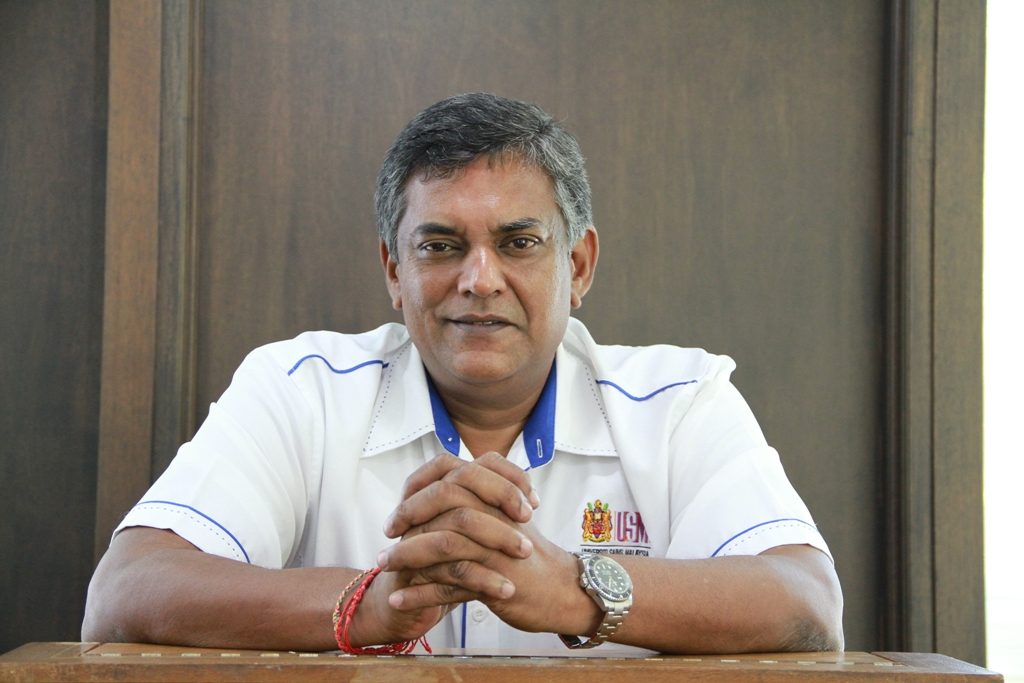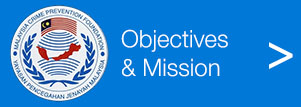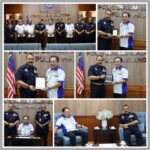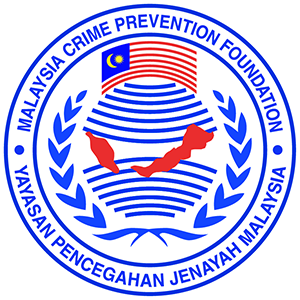
The recent suggestion by now-former inspector-general of police Razarudin Husain to place the police under a standalone ministry has reignited debate over the institutional structure and independence of Malaysia’s policing system.
The proposal, while not unprecedented globally, warrants careful scrutiny in the Malaysian context where issues of governance, accountability and political neutrality remain under constant public and parliamentary attention.
Creating a dedicated ministry of police or ministry of public security could indeed bring several administrative and operational advantages.
Firstly, it would allow for more focused oversight. The current home ministry manages an extensive portfolio, ranging from immigration and civil registration to prison management and national border security.
In such an arrangement, the specific needs of the police such as manpower development, modernisation of equipment, internal discipline, crime prevention strategy and public engagement may compete for attention and resources.
A dedicated ministry could provide tailored strategic direction for law enforcement, enabling long-term planning of reforms, community policing models, recruitment policies, forensic capabilities, and data-driven crime prevention, without the administrative dilution inherent in a broader umbrella ministry.
Secondly, such a ministry could improve performance accountability. A more streamlined reporting structure might ensure clearer lines of responsibility, making it easier for Parliament, civil society and the public to scrutinise police performance and budgeting. This would align with broader efforts to modernise public institutions and improve service delivery.
Finally, the ministry could facilitate better inter-agency coordination within law enforcement, such as with prosecutors, anti-corruption bodies, intelligence units and judicial authorities, provided the institutional lines of authority are clearly defined.
On the one hand, a standalone ministry could bolster the operational autonomy of the police if it is embedded within a structure that prioritises legislative oversight, independent audits and civilian-led accountability mechanisms.
An independent police commission with real power to oversee appointments, promotions, complaints and misconduct investigations would be crucial.
Such a framework could also act as a buffer against political overreach, protecting the police from being used as a tool of political retaliation or selective enforcement.
This would be a step toward depoliticising law enforcement and rebuilding public trust.
On the other hand, without robust safeguards, the creation of a police-specific ministry could have the opposite effect by centralising power over the police in the hands of a politically-appointed minister, thereby exposing the institution to undue executive influence.
In such a case, far from being independent, the police might become more vulnerable to being used for partisan ends.
The institutional culture, appointment processes and transparency mechanisms will ultimately determine whether such a ministry enhances or undermines democratic policing.
Globally, there is no one-size-fits-all model. Different democracies structure their policing apparatus differently, based on historical legacies, security threats, and levels of institutional maturity.
The UK’s police operate under the home office, but their independence is bolstered by oversight institutions such as His Majesty’s Inspectorate of Constabulary and the Independent Office for Police Conduct. This model shows how internal ministry control can coexist with strong external scrutiny.
France maintains dual oversight; its national police falls under the interior ministry, while the gendarmerie reports to both the interior and armed forces ministries. This hybrid model balances civil and military oversight but is rooted in France’s unique legal-military tradition.
Indonesia separated its police force from the military post-Suharto in 1999, placing it under direct presidential oversight. While this achieved operational independence from the military, it has drawn criticism for lacking independent civilian oversight, with corruption and impunity persisting in some quarters.
Nigeria re-established its police affairs ministry in 2019. However, its performance has been uneven, plagued by poor coordination and lack of reforms. The Nigerian case demonstrates that structural changes without institutional reform can have limited or even adverse effects.
These examples suggest that the key determinant is not the organisational chart, but the governance ecosystem surrounding it, especially the strength of democratic institutions, transparency, and rule of law.
Malaysia has, in recent years, made significant strides in addressing police misconduct, corruption, and professionalism. But scandals, deaths in custody, and public distrust remain recurring issues.
Any change in structure must therefore be part of a comprehensive reform package and not an isolated administrative shift.
The Independent Police Conduct Commission enacted in 2022 has been criticised for lacking real investigative power. Revisiting and strengthening such mechanisms must be prioritised alongside any move to establish a standalone ministry.
Furthermore, any new ministry must guarantee institutional autonomy, merit-based leadership, and a firewall against partisan interference. Without these, a standalone ministry risks merely rebranding existing flaws in a new silo.
The question of whether the police should be placed under their own ministry cannot be answered purely in structural terms. It must be framed around function, integrity, accountability, and independence.
A standalone police ministry could offer much-needed focus and operational strength to Malaysia’s law enforcement efforts.
But unless such a move is guided by deep reform, underpinned by civilian oversight, and protected from political manipulation, it risks being cosmetic at best and dangerous at worst.
Ultimately, Malaysians do not need another ministry. They need a police force they can trust.
DATO’ DR P. SUNDRAMOORTHY
Criminologist
Centre for Policy Research
Universiti Sains Malaysia
Past Events
- MCPF Penang pays a Courtesy Visit to YDH CP Dato’ Ts. Azizee bin Ismail at Penang Contingent Police HQ
- MCPF Penang & MCPF Secretariat Team supports PWDC’s 12th Penang Goes Orange Program at The Esplanade, George Town
- MCPF Penang attends PDRM’s 2025 North Zone ATIPSOM Enforcement Seminar at Grand Ballroom, G Hotel, George Town
- MCPF EXCO Member / MCPF Penang Deputy Chairman Dato’ Seri K. Pulayantran attends MCPF Management Standing Committee Meeting at MCPF HQ
- MCPF Penang guided by its Chairman Dato’ Seri Ong Poh Eng holds a Tender Opening for CCTV Project (SMK Mengkuang) Proposal at PGC






